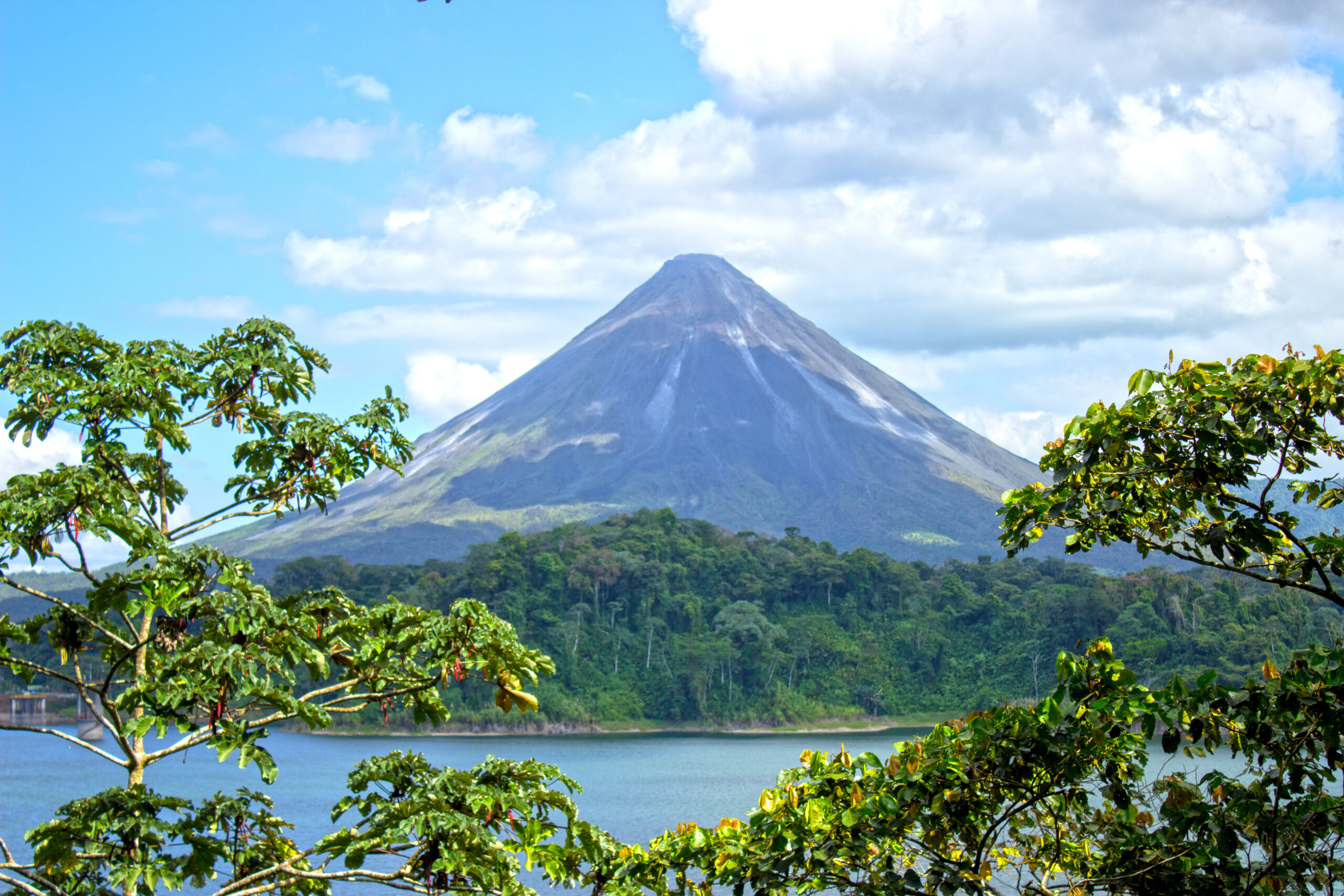A Brief History of Costa Rica
Costa Rica, located in Central America, has a rich history shaped by indigenous cultures, European colonization, and its modern democratic values. Here's a concise overview:
Pre-Columbian Era
Before European contact, Costa Rica was inhabited by various indigenous groups, including the Chorotega, Bribri, and Cabécar. These communities had well-established agricultural practices and rich cultural traditions.Spanish Colonization (1500s)
In 1502, Christopher Columbus arrived on the Caribbean coast, marking the beginning of European influence. Costa Rica, however, was not a prime target for colonization due to its difficult geography and lack of precious metals. Spanish settlers established small agricultural settlements, with the most important one being Cartago (founded in 1563). Costa Rica was part of the Captaincy General of Guatemala, under Spanish rule.Independence (1821)
In 1821, Costa Rica, along with the other Central American nations, declared independence from Spain. Initially, Costa Rica was part of the Mexican Empire under Emperor Agustín de Iturbide but soon became part of the United Provinces of Central America. The union was short-lived, and Costa Rica became fully independent in 1838.19th Century: Coffee and Economic Growth
In the 19th century, coffee became Costa Rica's main export, boosting its economy and solidifying its ties with the United States and Europe. The construction of the railroad in the 1870s further connected the country to global markets, particularly benefiting coffee trade. This period also saw the rise of a more stable political system.20th Century: Political Stability and Social Reforms
Costa Rica has a reputation for political stability, especially when compared to its Central American neighbors. In 1948, after a brief civil war, Costa Rica abolished its military and established a strong democratic government. The civil war was sparked by disputed elections, but the resolution led to the establishment of a new constitution and lasting peace.Since then, Costa Rica has emphasized education, healthcare, and environmental sustainability, and it is often considered one of the most progressive and peaceful nations in Latin America. The country’s commitment to democracy, social welfare, and human rights has made it a model in the region.
Modern Costa Rica
Today, Costa Rica is known for its strong environmental policies, rich biodiversity, and tourism industry. The country has made significant strides in conservation, with vast protected areas, national parks, and a commitment to renewable energy. Costa Rica is also recognized for its "pura vida" culture, which embodies a philosophy of happiness, peace, and a relaxed lifestyle.Though a small nation, Costa Rica continues to play an important role in Central America’s political and environmental future.
:max_bytes(150000):strip_icc()/playa-hermosa-costa-rica_HERO_CRBEACH1122-2f3b789fad87446cb36cd642c062200c.jpg)

